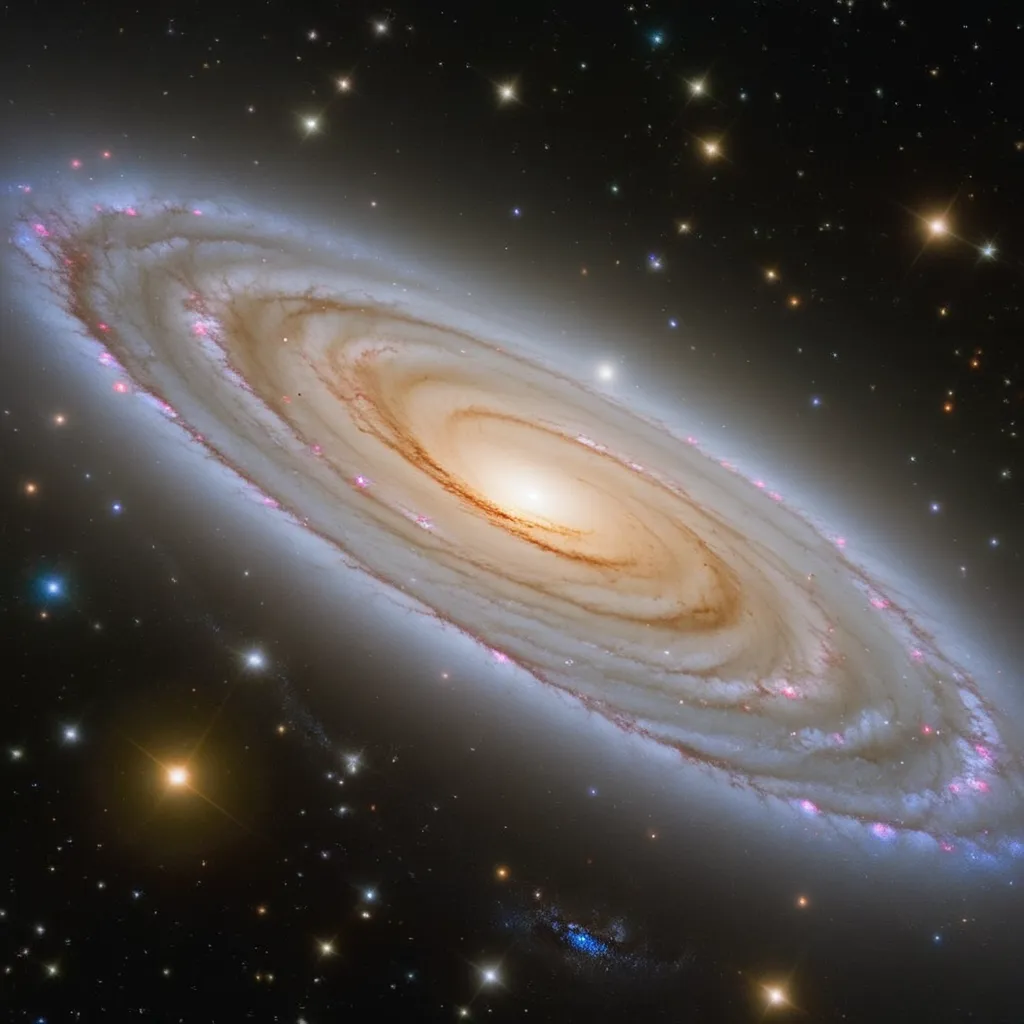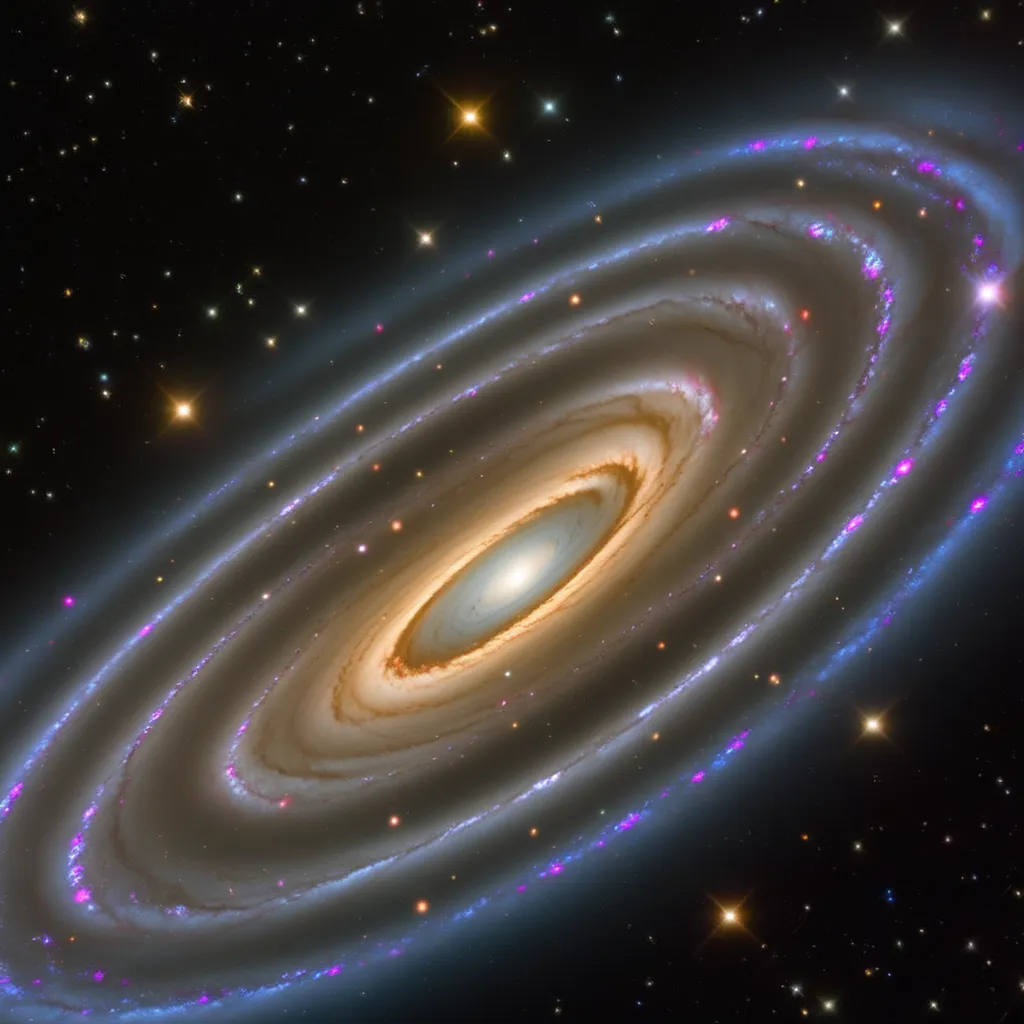Unveiling Cosmic Mysteries: Galaxies' Motion Hints at a Younger Universe
Introduction:
Embarking on a journey through the vast expanse of the cosmos, scientists have stumbled upon an intriguing revelation that challenges our understanding of the universe's age. Recent studies on galaxies' motion suggest that the cosmos might be younger than previously thought, unraveling a celestial mystery that has captivated astronomers and cosmologists alike.

The Dance of Galaxies:
In the grand tapestry of the cosmos, galaxies are the cosmic protagonists, each playing a role in the cosmic dance of creation. Scientists, armed with advanced telescopes and cutting-edge technology, have been meticulously studying the movements of galaxies to decipher the secrets of the universe's birth and evolution.
Galaxies, comprising billions of stars, gas, and dark matter, are not static entities. Instead, they exhibit intricate dances, influenced by the gravitational forces that bind them together. It is within these cosmic ballets that researchers have detected anomalies, sparking a reevaluation of the universe's age.
Challenging Assumptions:
For decades, scientists have leaned on a specific estimate for the age of the universe based on observations of the cosmic microwave background (CMB). However, galaxies' motion, observed in more recent studies, suggests a potential discrepancy in our previous calculations.
The Hubble Constant, a critical parameter in determining the universe's age, has been under the cosmic spotlight. This constant measures the rate at which galaxies are moving away from us due to the expansion of the universe. Conflicting values of the Hubble Constant from different methods have given rise to the intriguing possibility that our universe might be younger than previously believed.
The Tension in Cosmic Measurements:
One method of estimating the Hubble Constant involves studying the glow of the CMB, the remnants of the Big Bang. This method has provided an age estimate of approximately 13.8 billion years. However, when scientists employ a different approach, focusing on the rate of galaxies moving away from us, they arrive at a younger estimate—around 12.5 billion years.
This cosmic tension in measurements has created a scientific stir, leading researchers to question the accuracy of our existing models. Could our understanding of the universe's age be in need of a paradigm shift?
Possible Explanations:
As scientists grapple with the apparent discrepancy, various theories have emerged to reconcile the conflicting measurements. One possibility is that unknown physics, yet to be fully understood, may be influencing our calculations. Exotic entities like dark matter or dark energy might be at play, introducing complexities that challenge our current grasp of the cosmos.
Another avenue of exploration involves revisiting the fundamental assumptions underlying our cosmic models. Perhaps our understanding of the Hubble Constant and the expansion of the universe requires refinement, opening doors to new avenues of research and discovery.

Implications for Cosmology:
The potential recalibration of the universe's age carries profound implications for the field of cosmology. If the universe is indeed younger than previously thought, it prompts a reexamination of our theories about its origins, evolution, and ultimate fate.
As we stand on the precipice of cosmic exploration, armed with powerful telescopes and a thirst for knowledge, the revelation that galaxies' motion hints at a younger universe adds an exciting chapter to humanity's quest to unravel the mysteries of the cosmos. While the cosmic drama continues to unfold, scientists remain vigilant, ready to adapt our cosmic narrative to the ever-evolving revelations of the universe.

No comments:
Post a Comment